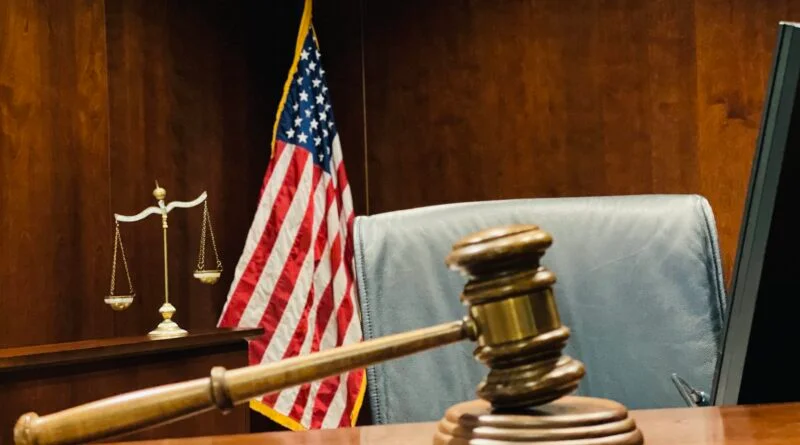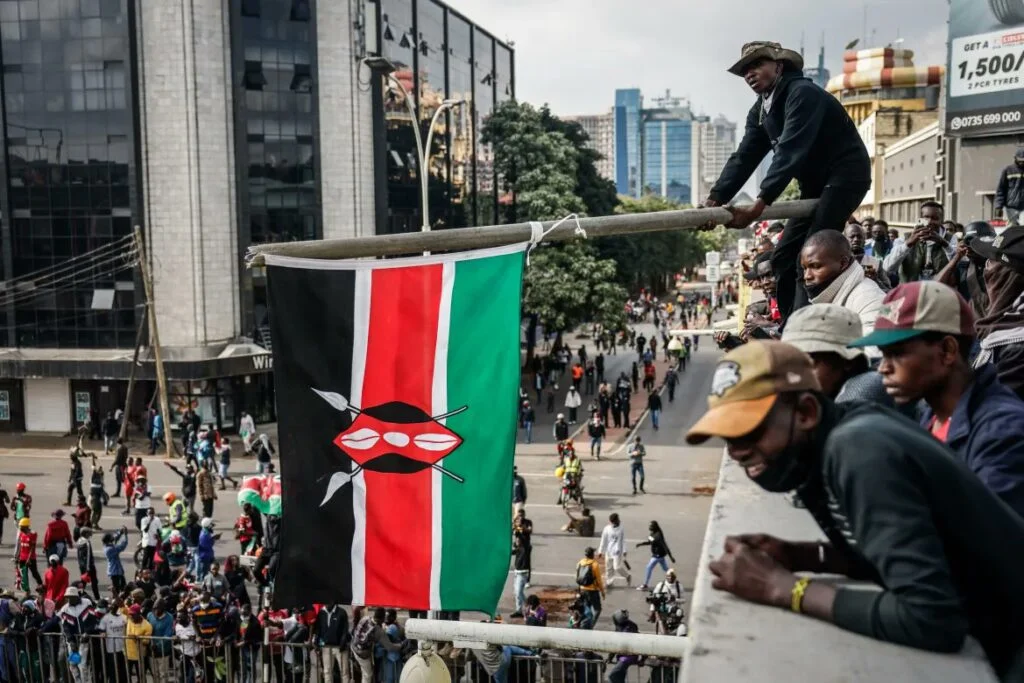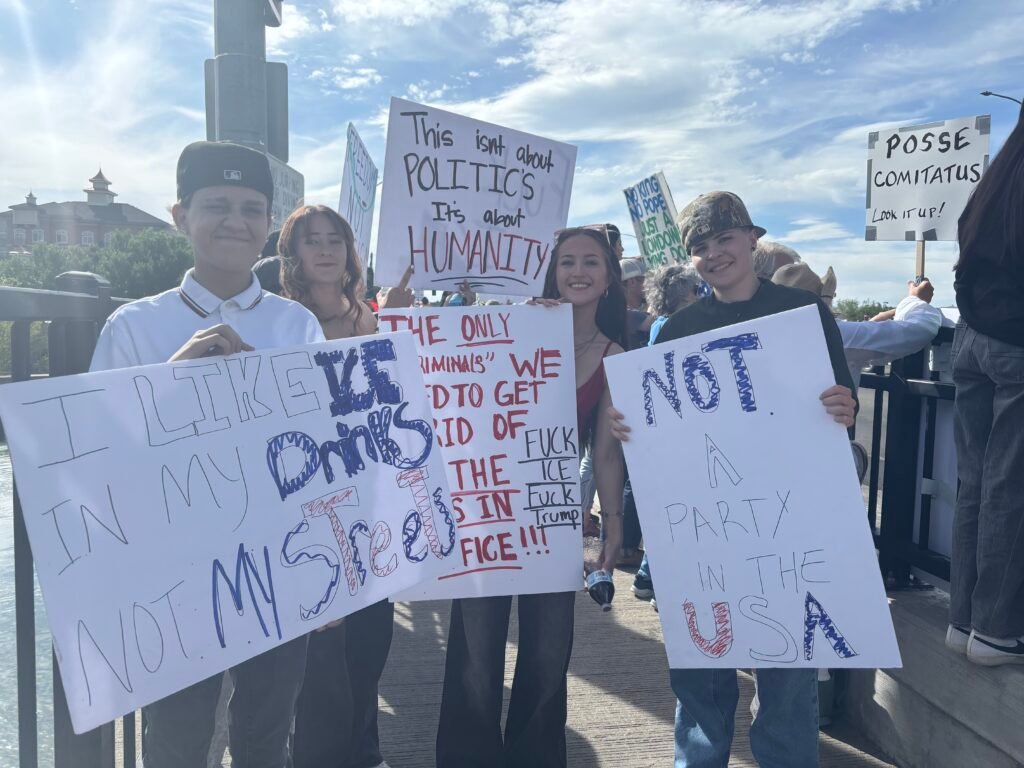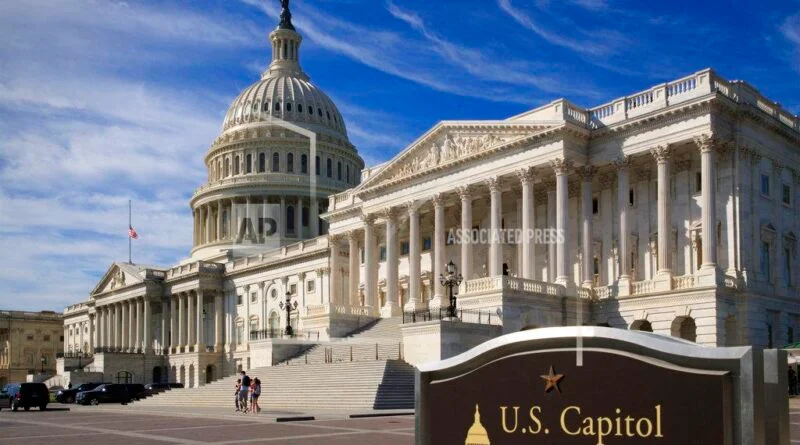- Unbreaking The News
- Work
- Life
- Lifestyle
- HumanityDiscover the latest trends, style tips, and fashion news from around the world. From runway highlights to everyday looks, explore everything you need to stay stylish and on-trend.
- Mental HealthStay informed about health and wellness with expert advice, fitness tips, and the latest medical breakthroughs. Your guide to a healthier and happier life.
- Science & Tech
- Literature
- About Us
- Unbreaking The News
- Work
- Life
- Lifestyle
- HumanityDiscover the latest trends, style tips, and fashion news from around the world. From runway highlights to everyday looks, explore everything you need to stay stylish and on-trend.
- Mental HealthStay informed about health and wellness with expert advice, fitness tips, and the latest medical breakthroughs. Your guide to a healthier and happier life.
- Science & Tech
- Literature
- About Us
Now Reading: Court Finds Probable Cause for Criminal Contempt in March Deportation Flights Case
-
01
Court Finds Probable Cause for Criminal Contempt in March Deportation Flights Case
- Unbreaking The News
- Work
- Life
- Lifestyle
- HumanityDiscover the latest trends, style tips, and fashion news from around the world. From runway highlights to everyday looks, explore everything you need to stay stylish and on-trend.
- Mental HealthStay informed about health and wellness with expert advice, fitness tips, and the latest medical breakthroughs. Your guide to a healthier and happier life.
- Science & Tech
- Literature
- About Us
- Home
- Unbreaking The News
- Court Finds Probable Cause for Criminal Contempt in March Deportation Flights Case
Court Finds Probable Cause for Criminal Contempt in March Deportation Flights Case
YuvoiceJournalism, Unbreaking The News3 months ago55 Views

WASHINGTON D.C. (Yuvoice) April 16, 2025 — A federal judge has found probable cause to believe the U.S. government willfully violated a court order by deporting dozens of Venezuelan migrants after a temporary restraining order barred their removal, setting the stage for potential criminal contempt proceedings against officials involved in the operation.
U.S. District Court Judge James E. Boasberg issued a 90-page opinion late Tuesday, detailing how two plane loads of detainees were flown to El Salvador on March 15, 2025—hours after his court had enjoined the Trump administration from carrying out deportations under a presidential proclamation invoking the Alien Enemies Act of 1798, the first time it has been invoked since World War II.
The judge said the government’s actions demonstrated a “willful disregard” for the court’s authority, noting that officials continued with the operation even after receiving explicit instructions to halt all removals and return any planes already in transit.
“The Constitution does not tolerate willful disobedience of judicial orders — especially by officials of a coordinate branch who have sworn an oath to uphold it,” Boasberg wrote. “There is probable cause to conclude that the government acted in criminal contempt.”
While no individuals have yet been named, the court’s findings pave the way for further proceedings that could result in criminal charges against federal officials. Because the Department of Justice represented the government in the underlying litigation, the judge is expected to appoint a special prosecutor under Federal Rule of Criminal Procedure 42 due to an apparent conflict of interest.
Legal experts say the court’s authority to appoint an outside prosecutor—often a former U.S. Attorney or independent legal expert—ensures that enforcement of court orders remains insulated from political influence.
The deportations were carried out under a March 2025 presidential proclamation signed by Donald Trump during his second term, invoking the 18th-century Alien Enemies Act to target members of Tren de Aragua, a violent Venezuelan gang labeled a terrorist organization. Plaintiffs in the case—five Venezuelan nationals—claimed they were wrongfully identified as gang members and were denied due process.
After a series of emergency hearings on March 15, the court issued a temporary restraining order halting removals and clarifying that any detainees already in the air were to be returned to U.S. custody. Instead, two flights landed in El Salvador and transferred detainees to a high-security prison. Government officials later retweeted social media posts appearing to mock the court’s order, including a message from Salvadoran President Nayib Bukele that read, “Oopsie… Too late.”
The Supreme Court has since vacated the restraining order on narrow procedural grounds, ruling that the case should have been filed as a habeas corpus petition in Texas rather than under the Administrative Procedure Act in Washington. However, Boasberg emphasized that the government was still obligated to comply with the order until it was reversed through proper legal channels.
“Even a legally unsound order must be obeyed at the risk of contempt,” the judge wrote, citing long-standing precedent.
The court has not yet announced whether it will appoint a special prosecutor or refer the case to an external authority. However, the findings mark a rare and significant moment in which the judiciary has accused the executive branch of openly defying its orders—raising serious constitutional questions and setting the stage for a possible confrontation over the rule of law.
Ricky Vazquez
Related Posts
Stay Informed With the Latest & Most Important News
Previous Post
Next Post
Previous Post
Next Post
Poetry4 days ago
Tick, Talk
Lifestyle1 week ago
Urban Puberty


























